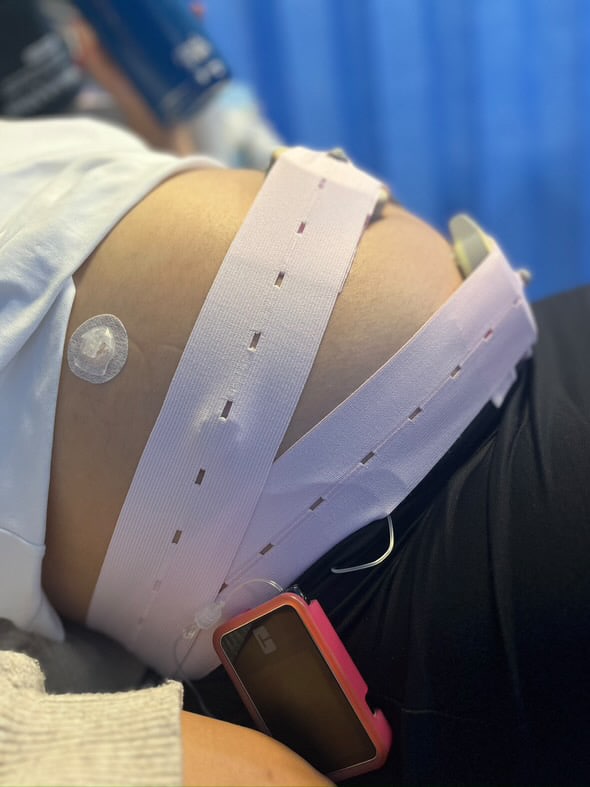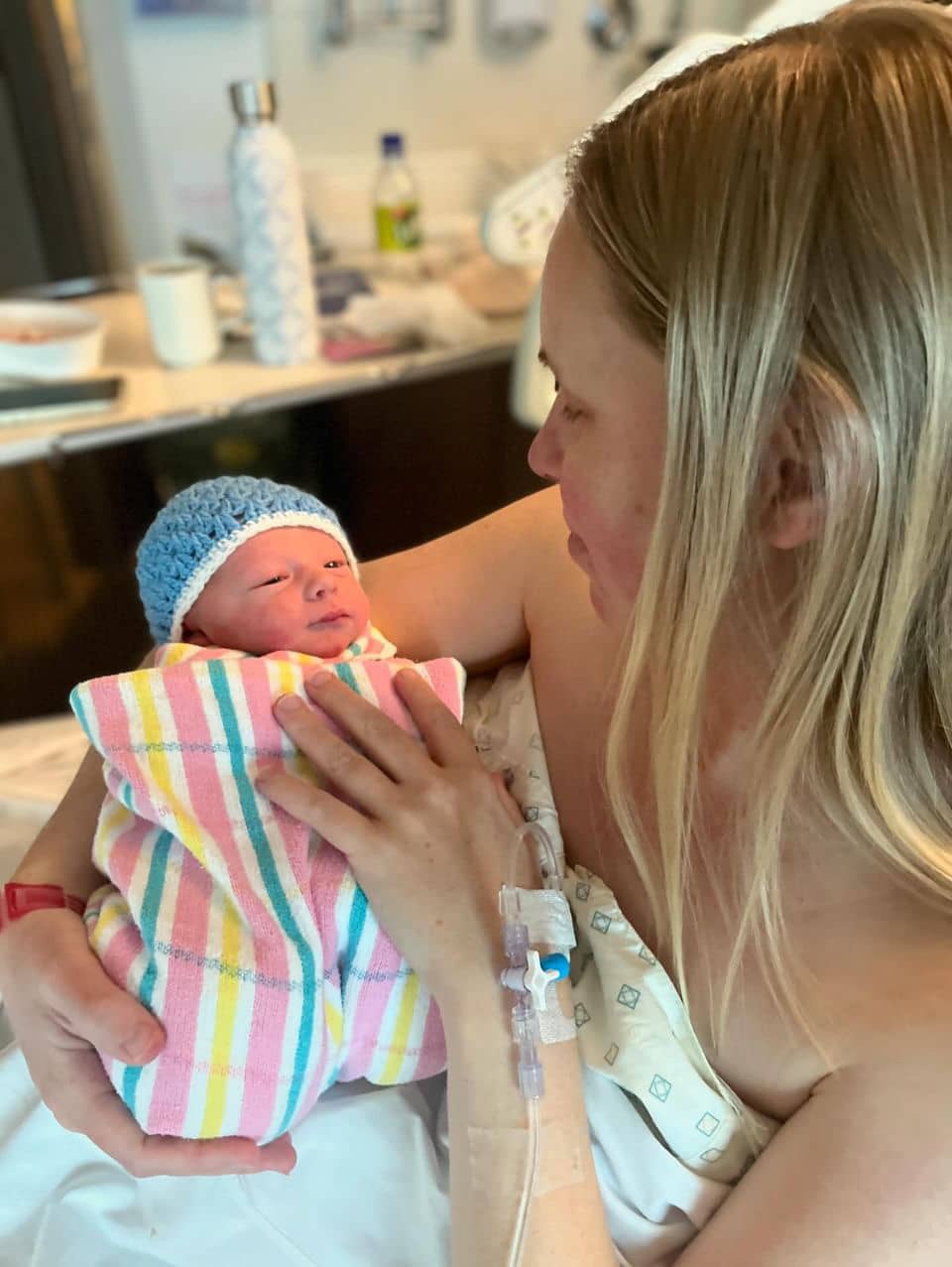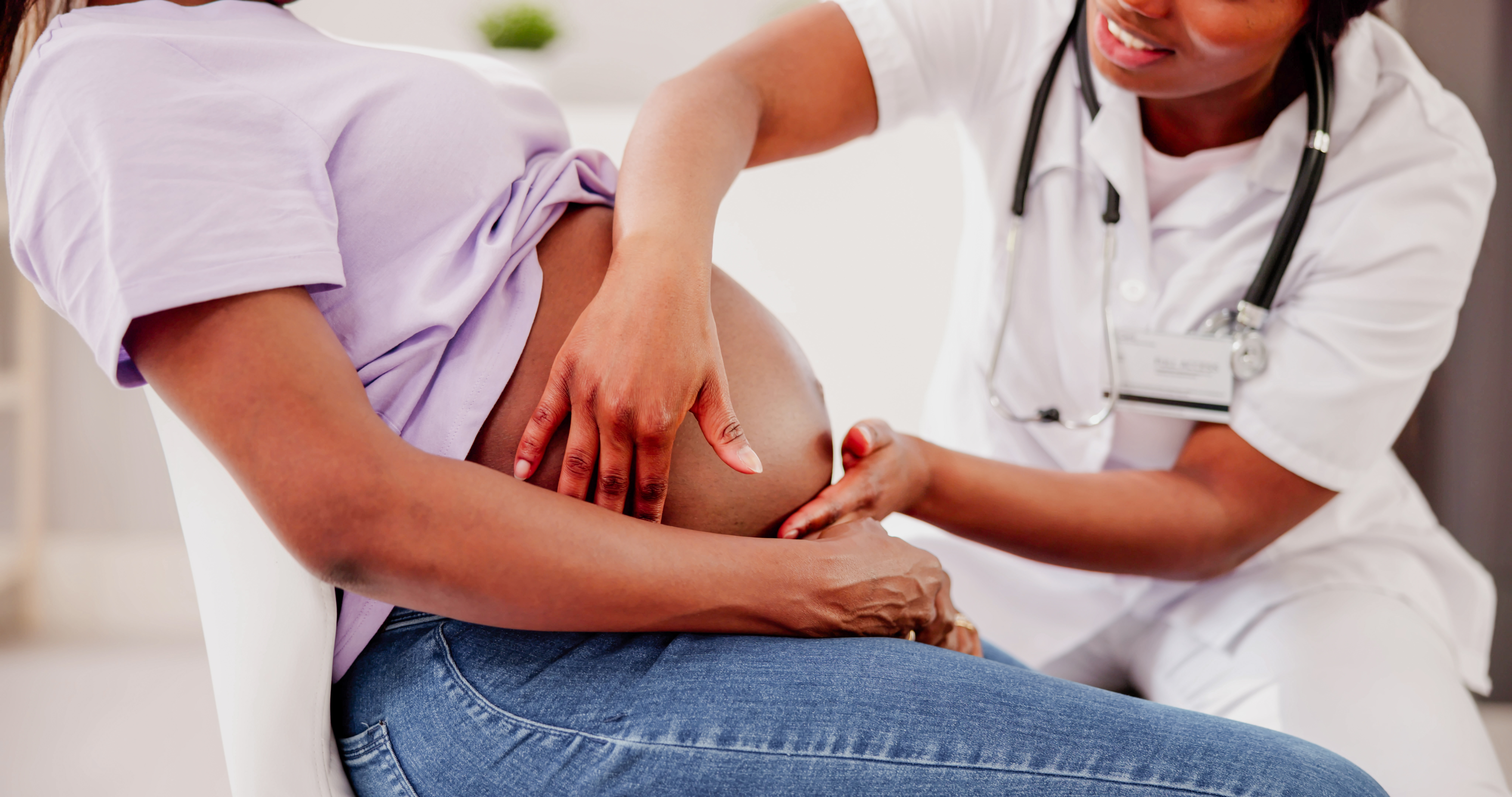Pregnancy What is a Doula and how can you hire one?
What is a Doula and how can you hire one?

A doula is not a health professional. Their primary role is to support birthing women and their birth partners by offering information, advocating for your intentions and needs, and providing physical and emotional support.
What is a Doula?
A doula is not a health professional – they don’t offer medical advice, nor do they catch babies (unless this is noted in your birth plan and supported by your care provider). Their primary role is to support birthing women and their birth partners by offering information, advocating for your intentions and needs, and providing physical and emotional support.
Doulas have been around for as long as midwives. A decade ago, doulas started gaining popularity as more women actively prepared for their birth and better understood the need for trusted support in pregnancy, labour, birth and postpartum.
What’s the difference between a doula and a midwife?
A doula doesn’t have a birth preference and will not judge your birth choices; they are trained to support you to have an informed birth, regardless of where and how you birth. Studies show that the presence of a doula definitely increases your chances of having an unmedicated birth, but doulas don’t pick and choose; they can help you on your birth journey, including homebirth, medicated vaginal birth or planned caesarean.
The benefit of having a doula is that they can offer you continuity of care and advocacy, which is especially important if you are enrolled in a fragmented model of care where you’re seeing a different midwife or obstetrician at every appointment.
Why hire a doula?
We know that continual support through continuity of care has been shown to improve birth experiences and outcomes, and yet many women don’t have access to this model of care in the hospital system. A doula is ideal if your care options are limited. Evidence shows that when doulas attend a birth, labours are shorter, with fewer complications, and babies breastfeed more easily.
How much do doulas cost in Australia?
You can expect to pay $1000 to $3000 for doula care in Australia. This usually depends on how many times they see you throughout your pregnancy. You can also employ a doula solely for postpartum care where they can help you rest, heal and navigate the fourth trimester.
How do you hire a doula?
There are a number of doula training organisations in Australia, such as the Australian Doula College and Doula Network Australia.
If you’re considering having a doula at your birth, it’s recommended that you work with a trained professional who respects and supports your birth intentions and is open to meeting regularly throughout your pregnancy so you can form a trusted relationship. An initial meeting is often the first step and an opportunity for you to ask some crucial questions and essentially work out if you have a connection with them. Not sure what to ask? Use these questions as a guide:
Questions to ask a Doula in an Interview
- Why did you become a doula?
- What formal training have you completed?
- How many births have you attended?
- Do you have experience in the hospital system?
- Are you willing to support my birth preferences even if you don’t agree with them?
- How will you advocate for me in an emergency situation?
- How will you support my partner in the birth space?
- Do you offer any birth education as part of your service?
- Will you help me write a birth plan?
- Will you offer me support after birth and during postpartum?
- How many women have you booked for the month I’m due?
Our Podcast Picks for You
Categories
Related Products
-
Birth Meditations
$49.00Narrated by Sophie Walker, these soothing and informative meditations help you feel supported and confident around birth.
Get your copy of our Perineal Massage Guide in your inbox
Keep Reading
We think you might enjoy these articles

The Emergency C-Section Checklist You’ll Be Thankful You Had

Pre-existing Diabetes and Pregnancy: What You Need to Know

Harnessing the Power of Acupressure: A Natural Approach to Preparing for Birth

Thoughtful Christmas Gifts for your Pregnant Friend.

What is Pre-eclampsia?

Non-invasive Prenatal Testing (NIPT)
@AustralianBirthStories
Follow along with us
@AustralianBirthStories
Follow along with us
@AustralianBirthStories
Follow along with us
@AustralianBirthStories
Follow along with us
@AustralianBirthStories
Follow along with us
@AustralianBirthStories
Follow along with us
@AustralianBirthStories
Follow along with us
@AustralianBirthStories
Follow along with us
@AustralianBirthStories
Follow along with us
@AustralianBirthStories
Follow along with us
@AustralianBirthStories
Follow along with us
@AustralianBirthStories
Follow along with us



